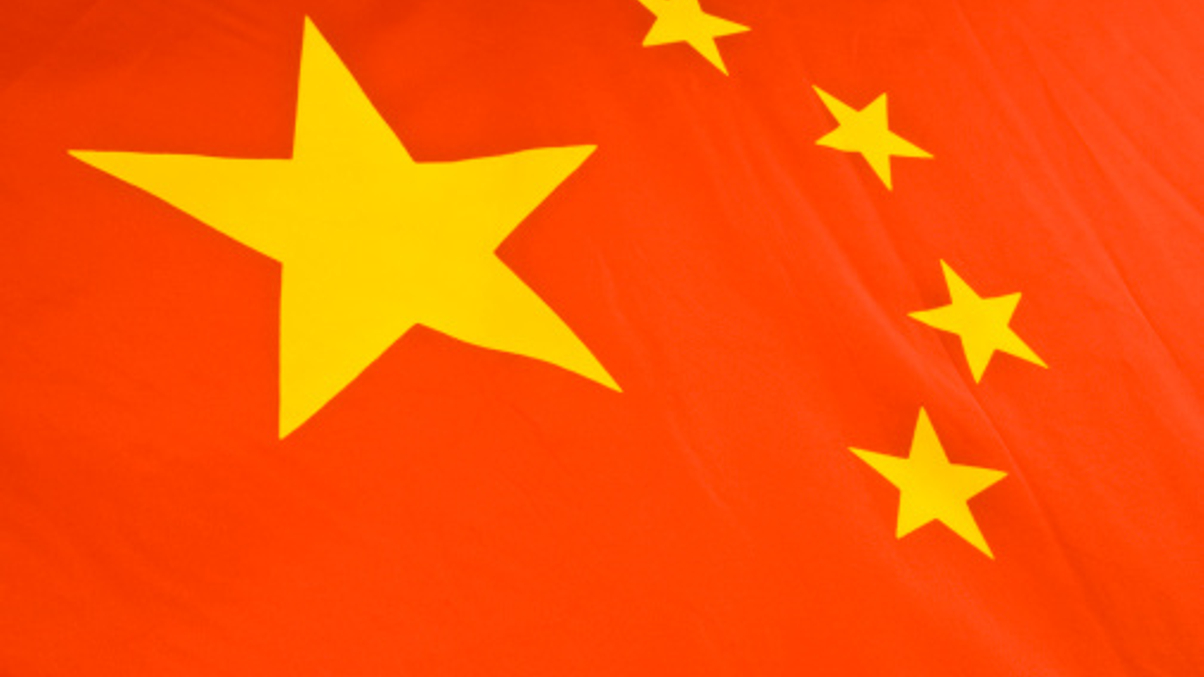Tianhong becomes biggest Chinese fund house
The mainland firm has overtaken long-standing leader ChinaAMC in terms of assets under management thanks to its internet finance product, but Tianhong lags most rivals on profitability.

China Asset Management is no longer the undisputed top dog in the mainland funds industry in terms of assets under management – but it was the most profitable last year.
Sign in to read on!
Registered users get 2 free articles in 30 days.
Subscribers have full unlimited access to AsianInvestor
Not signed up? New users get 2 free articles per month, plus a 7-day unlimited free trial.
¬ Haymarket Media Limited. All rights reserved.


